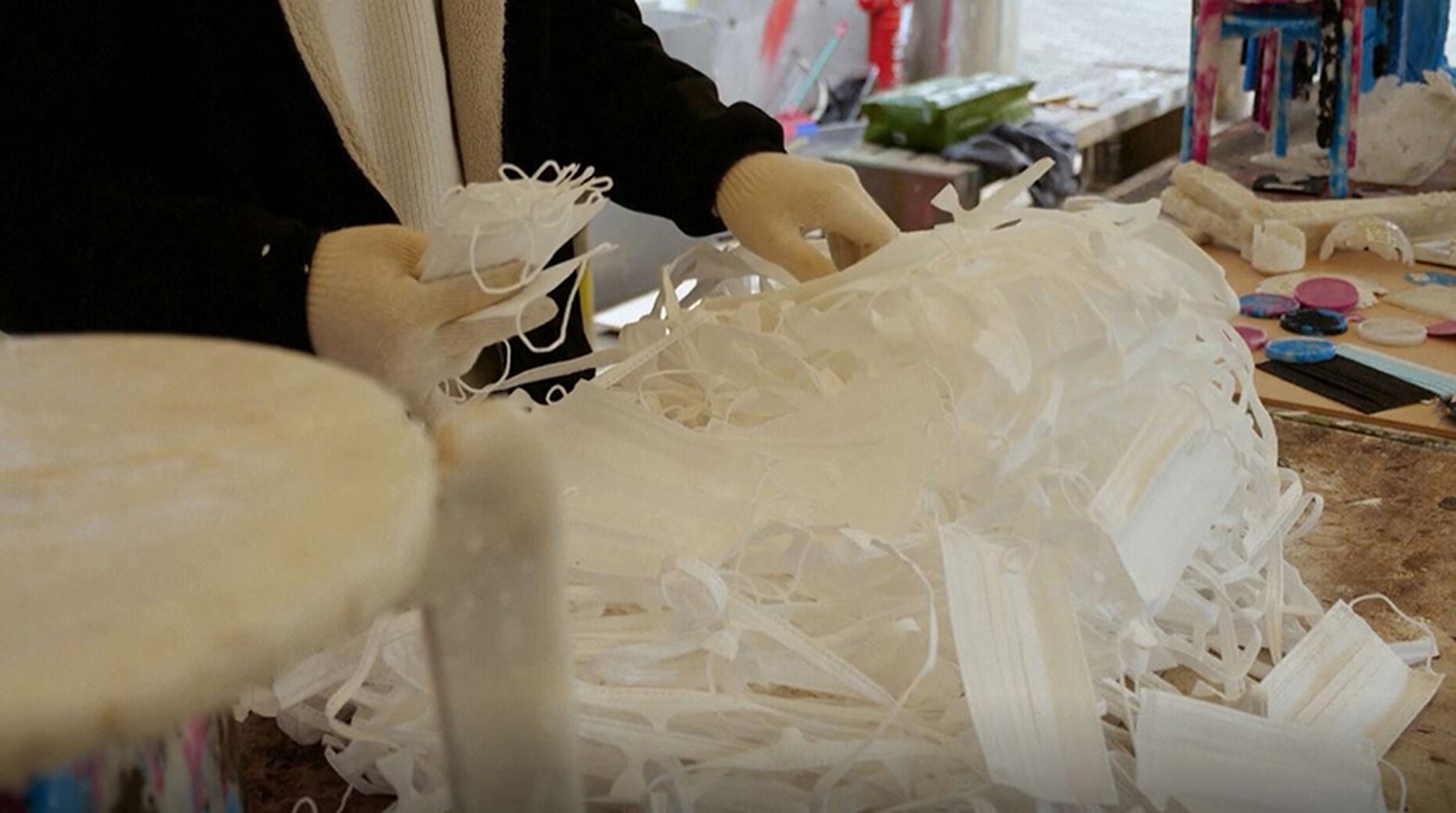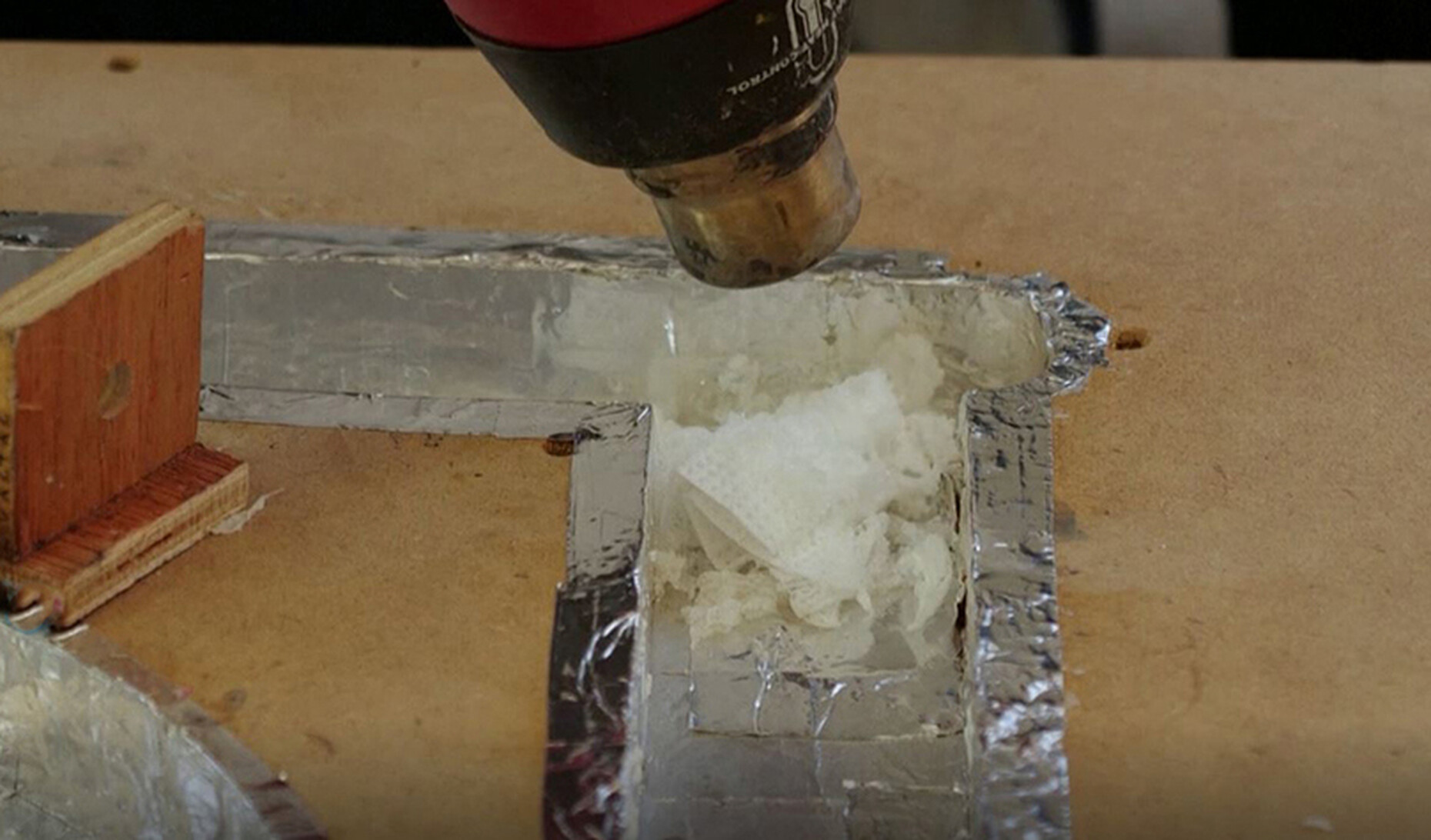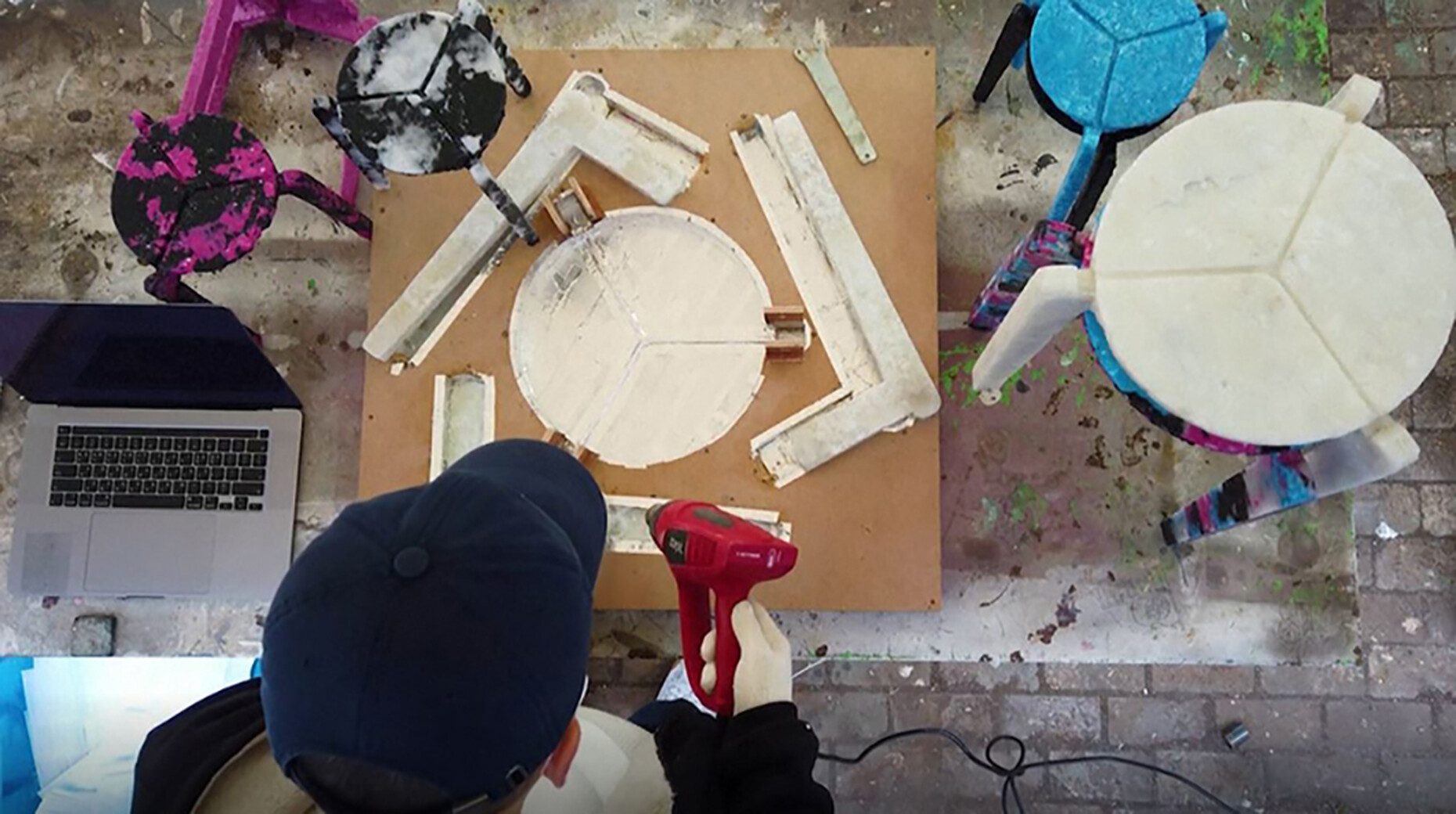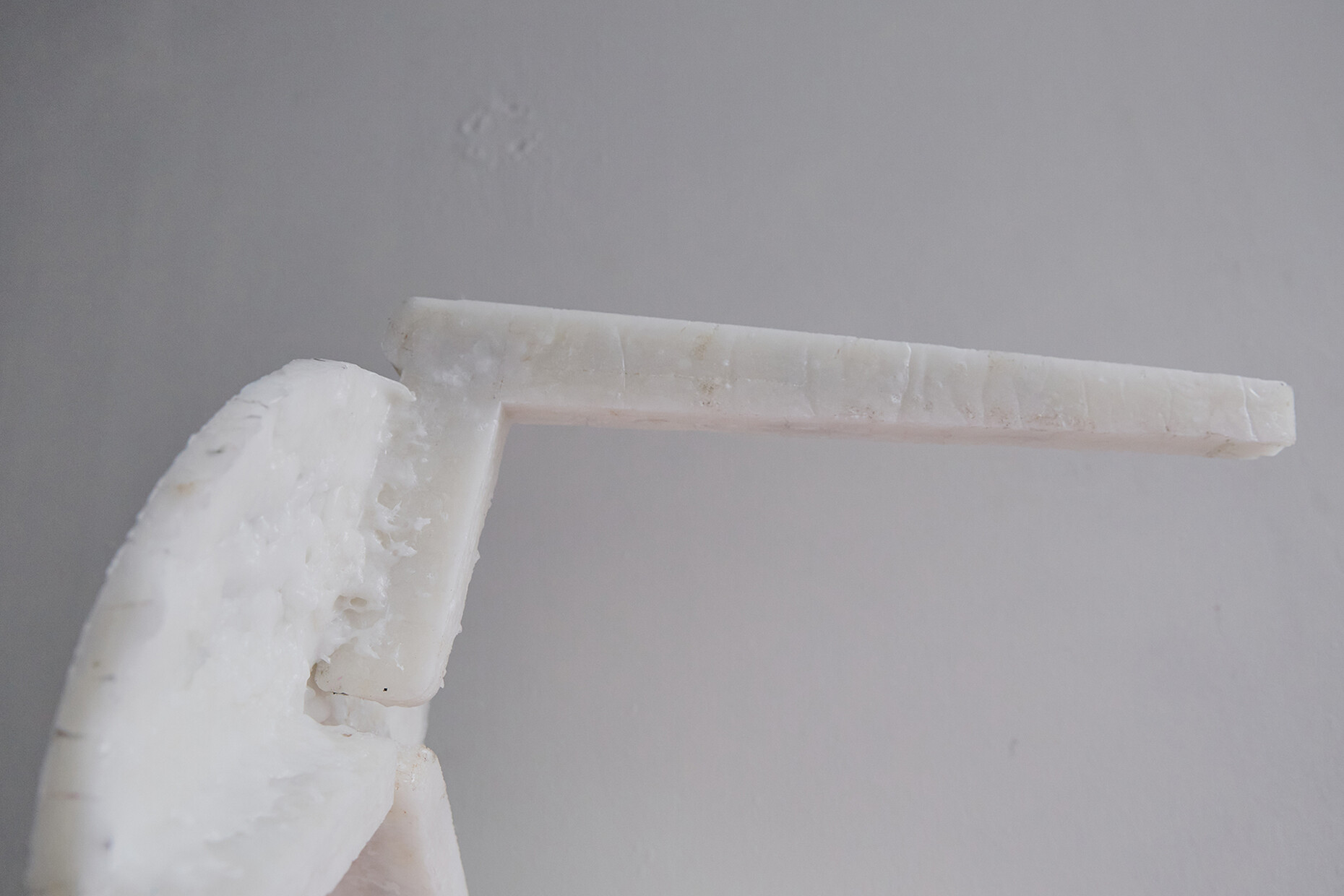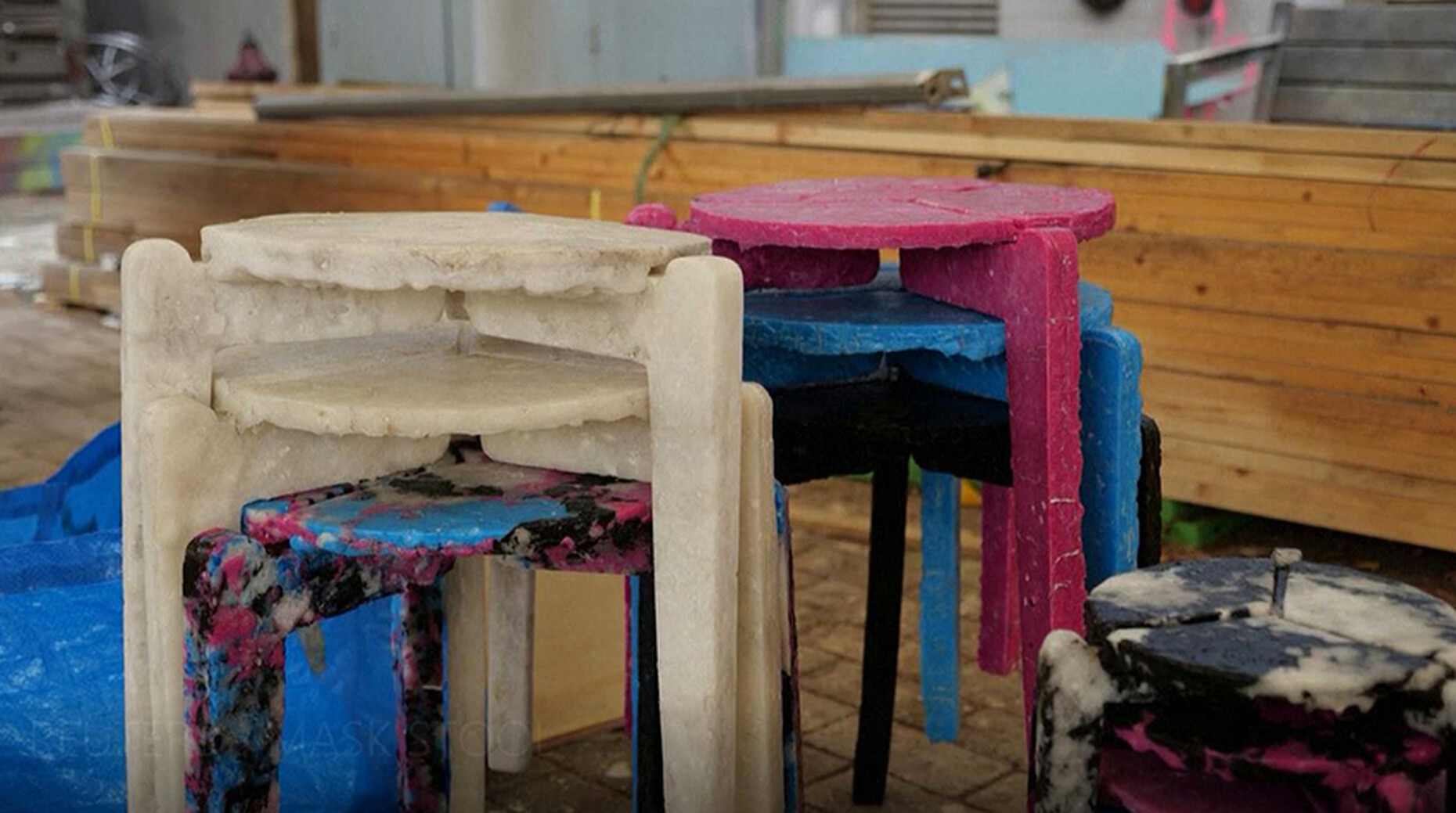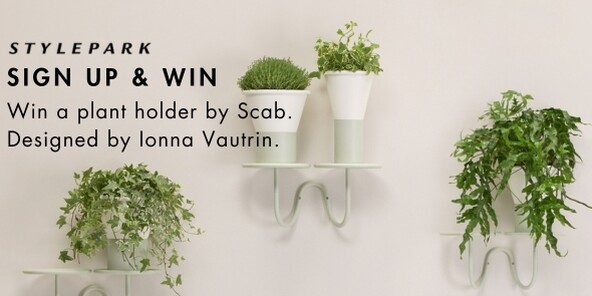Sustainability
Masked seating
With the Covid-19 pandemic, mouth-nose protection has become part of our everyday lives – with a negative effect on the environment: the disposal of the masks increases the amount of waste, as many types are made of non-sustainable materials with components of polypropylene and fleece. The Hamburg Environmental Institute demanded in a press release as early as May 2020 that corresponding environmental and quality requirements be imposed on respiratory protection masks. "It cannot be that respirators are now causing a gigantic waste problem when it is possible to use perfectly biodegradable materials that can then indeed enter biological cycles. This shows a considerable short-sightedness and ambiguity of previous environmental and health policies. It is not acceptable to make the planet sick in order to stay healthy," says Prof. Dr. Michael Braungart, Director of the Hamburg Environmental Institute. Some manufacturers of respiratory masks have reacted with appropriate approaches – such as Adidas, which produces washable textile masks from 40 percent recycled materials, Verpa Folie, which offers masks with a pure material structure made of polyolefin, or Hahnemühle, which produce a variant made of filter paper, which can be disposed of in the waste paper after use.
The South Korean designer Haneul Kim creatively tackles the issue for a sustainable recycling of masks, which are plastic-based: he uses discarded pieces to produce furniture. "Stack and Stack" is the name of the project by the Kaywon University student. Thousands of discarded surgical masks, which he compiled with the help of collection boxes on his campus, serve as his raw material. After removing the metal nose clips, he melts the plastic with a heat gun and forms a stackable stool from the thick mass. About 1500 specimens are thus recycled into one stool. The colouring of the masks thereby determines the marbled pattern of the surface. If possible, Haneul Kim would like to develop his idea for industrial recycling to reach more people. "I hope that the curiosity of recycling masks will not stop at the object of chairs, but will evoke the seriousness of environmental pollution and become an important possibility to solve the problem", he says.

